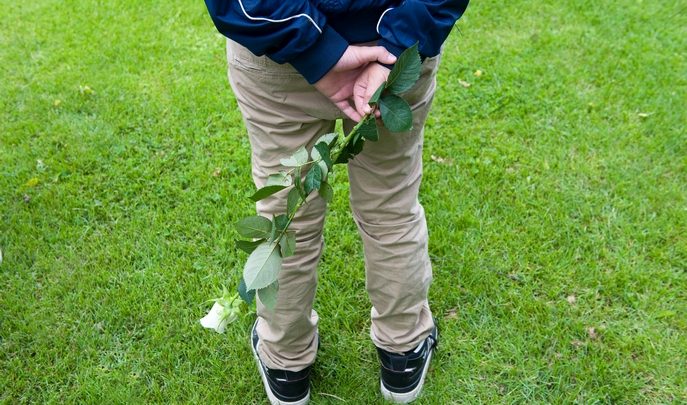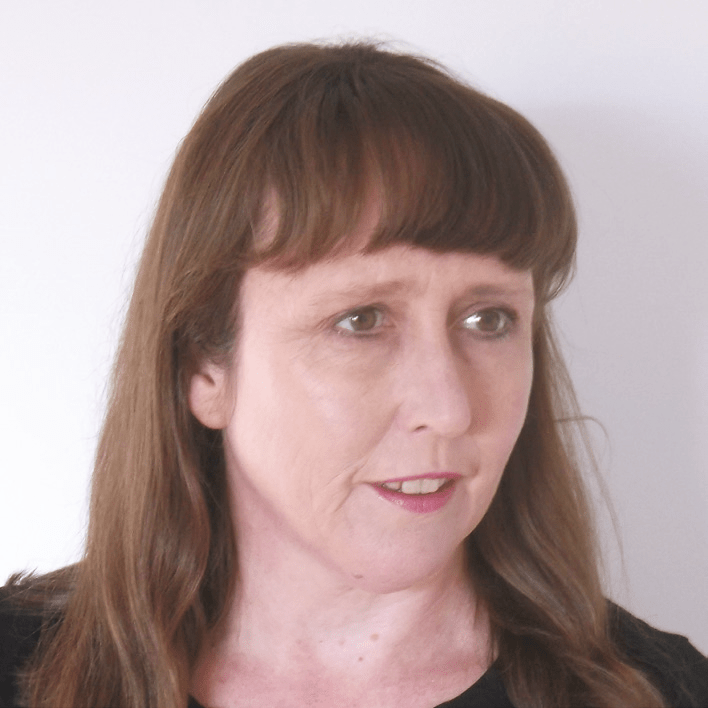The Sweet Smell Of Success Versus The Stench Of Disappointment

If we valued more than just tests and ‘rigorous’ subjects, perhaps let all children might be able to experience the sweet smell of success, says Sue Cowley…

- by Sue Cowley

Some children travel through their school days with the sweet smell of success wafting behind them. They are the children who pick up reading as though they were born to it, whose handwriting is perfectly looped and curled, and for whom learning times tables is a breeze.
Everything they touch turns to gold. They not only ‘meet national expectations’ with ease but laugh in the face of challenges, happily rising to jump the bar, however high you set it. Success breeds confidence, which in turn leads to more success.
Needless to say, these children enjoy going to school, and when their parents read their reports or talk to the class teacher, they bask in the glow of reflected glory.
A place of struggle
On the other hand, some children make their way through school with the bitter stench of disappointment dogging their steps. Maybe learning is harder for them than it is for others; perhaps there are things going on in their lives outside of school that make it difficult to focus on education; or it could just be they were born in August, and so are almost a year younger than their more successful classmates.
These are the children whose results are below average, and who cannot hope to reach the level at which the ‘national expectation’ is set. For these children, school can easily end up feeling like a place of struggle and disappointment.
Not only do I feel for these children, but I feel for their parents as well. How must it feel to always be told that your child isn’t achieving what he should, or that his behaviour isn’t up to scratch? Teachers know all this, and so we do our very best to make life less painful for the children who struggle. We use differentiation to design activities that the child can access, to promote a feeling of success. We set the right challenges at the right times, so that the child feels capable and confident. We praise effort, and not just outcomes, to show her that hard work matters. We look around for what a child can do, and celebrate that, rather than focusing on a narrow version of success.
We let our children know that it is the person that counts, and not the results he gets in a test. We try to minimise the impact of external pressures and the accountability regime. And of course we worry about the rise in mental health problems among young people, and the pressures that society puts on children.
Chance to shine or a bitter pill?
And then along come SATs. In a ‘world without levels’, along comes a test with a score that will tell you exactly where you stand in the grand scheme of things. (Just in case you hadn’t figured out whether you were one of life’s high achievers or not.)
For high-attaining children, Key Stage 2 tests provide a chance to shine, a chance to prove what they know and can do – to breathe in the heady scent of success. These children can complete the tests with a smile on their faces, and head off to secondary school with a skip in their step, smelling of roses.
But for the children who struggle, SATs are a bitter pill to swallow. Even worse, from 2017 it looks likely that those children who do not make the grade will have to take a retest in Year 7. At the moment, the message from the DfE is that ‘academic achievement’ is the be all and end all of ‘an education’. Some subjects are ‘hard’ – ‘academic’ ones (maths, science) that will lead to all kinds of well-paid jobs in a child’s future. And some subjects are ‘soft’ and a waste of time, even if they are the ones that your children love the most.
I wonder how it would be if, when we talked about attainment, we were to talk about a child’s achievements in the very widest sense. Not even just in the sense of achievement in subjects, but in all the other crucial aspects of life as well – generosity, friendship, kindness?
Perhaps if we were to do that, some children wouldn’t feel like failures. Perhaps if we were to do that, all children could feel a sense of success. And perhaps, if we were to do that, everyone could come up smelling of roses. Now wouldn’t that be a lovely thought?
Sue Cowley is an author and teacher trainer; for more information, visit www.suecowley.co.uk or follow @Sue_Cowley











